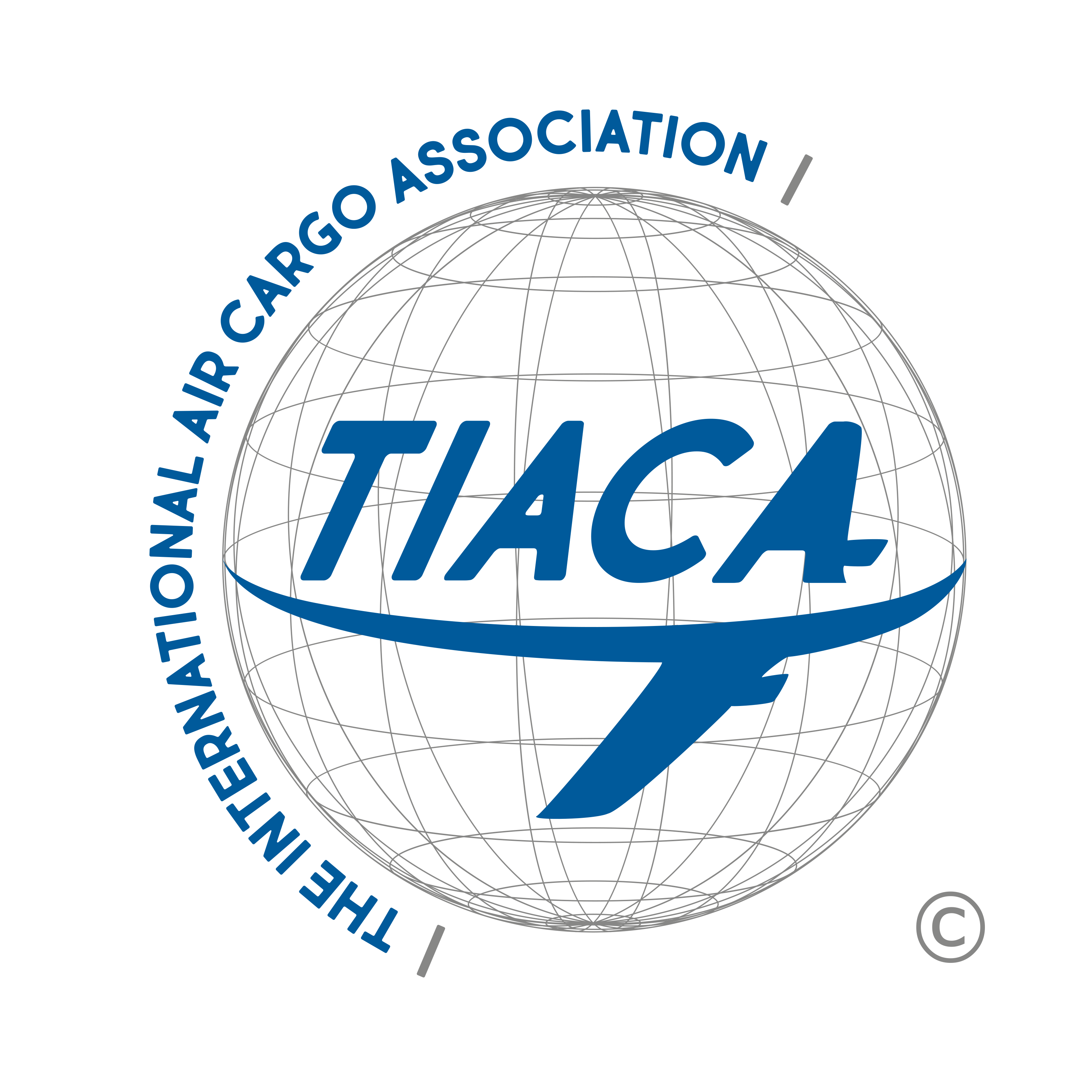
Chairman, European Shippers’ Council
The covid-19 crisis has hit aviation the hardest compared to other modalities, 90% of all passenger planes have been grounded and air cargo capacity worldwide has dropped by 35%. However, if there is one lifeline we currently depend on in dealing with this crisis, it is aviation. Hence, the corona paradox. Air cargo has become vital in shipping all medical and urgent goods related to this crisis. Air bridges have been made to fly masks, protective gear and ventilators and airlines are looking at ways to convert passenger planes carrying cargo. The air cargo industry in general can be proud of its achievements, and the stories we are reading in the newspapers and social media give energy to those working day and night in getting these medical and critical goods shipped. Nevertheless, usual still active air shippers have faced growing challenges in the light of demand for emergency transport of medical aid and protection equipment triggering little residual capacity left and average rates up to 3-4 times normal. To avoid prolonging such a situation which might be detrimental to all parties, transparency and cooperation in the air supply chain will be key for dealing with this crisis and spur the economic recovery.
Air cargo has been seen as a scapegoat for quite some time, it is noisy, pollutant and some shipments (e.g. perishables) are questioned. Nevertheless, the perception on air cargo and its role in providing goods to society has changed in some aspects. Never before have there been so many rules and regulations bent by governments on supporting the air cargo industry, making sure that the lifeline will operate. Although measures taken by countries are all temporary, the question is for what timeframe? Air cargo currently plays a vital role currently in battling the covid-19 crisis, but will be vital in the economic recovery as well.
Truly shipping goods by air has never become more challenging for shippers. The drop in capacity and increase in rates has created a bonanza in the air cargo industry with opportunistic ad hoc flights and abandonment of regular cargo networks. Thus keeping shippers in the dark on which solutions might prevail in the near future. Now more than ever, shippers will need transparency on most of the matters which are traditionally unknown to them because the system is steady: what flights to what destination are being served, which is the slot allocation at airports. With this access shippers will be able to adjust their production and transportation planning and identify themselves as possible shipments for airlines. More information on slots will also support the negotiation position of shippers, as with rates this high some shippers are simply pushed out of the market, and some might not return.
In times of crisis, cooperation is key to help the industry survive, profit from market opportunities in the long run without take the money and run behaviour, thereby reducing damages for companies in the long run. In essence air cargo operations have become a tailor-made operation. The standard line communication between shipper – forwarder – airline needs to become more flexible, not by bypassing the forwarder but by changing its role as the fixer in between shipper and airline. Creative thinking in what can be done to ship goods instead of saying it can’t be done should be the new normal. Transparency and cooperation will make sure to tackle the covid-19 crisis and making air cargo lead the way into economic recovery.
